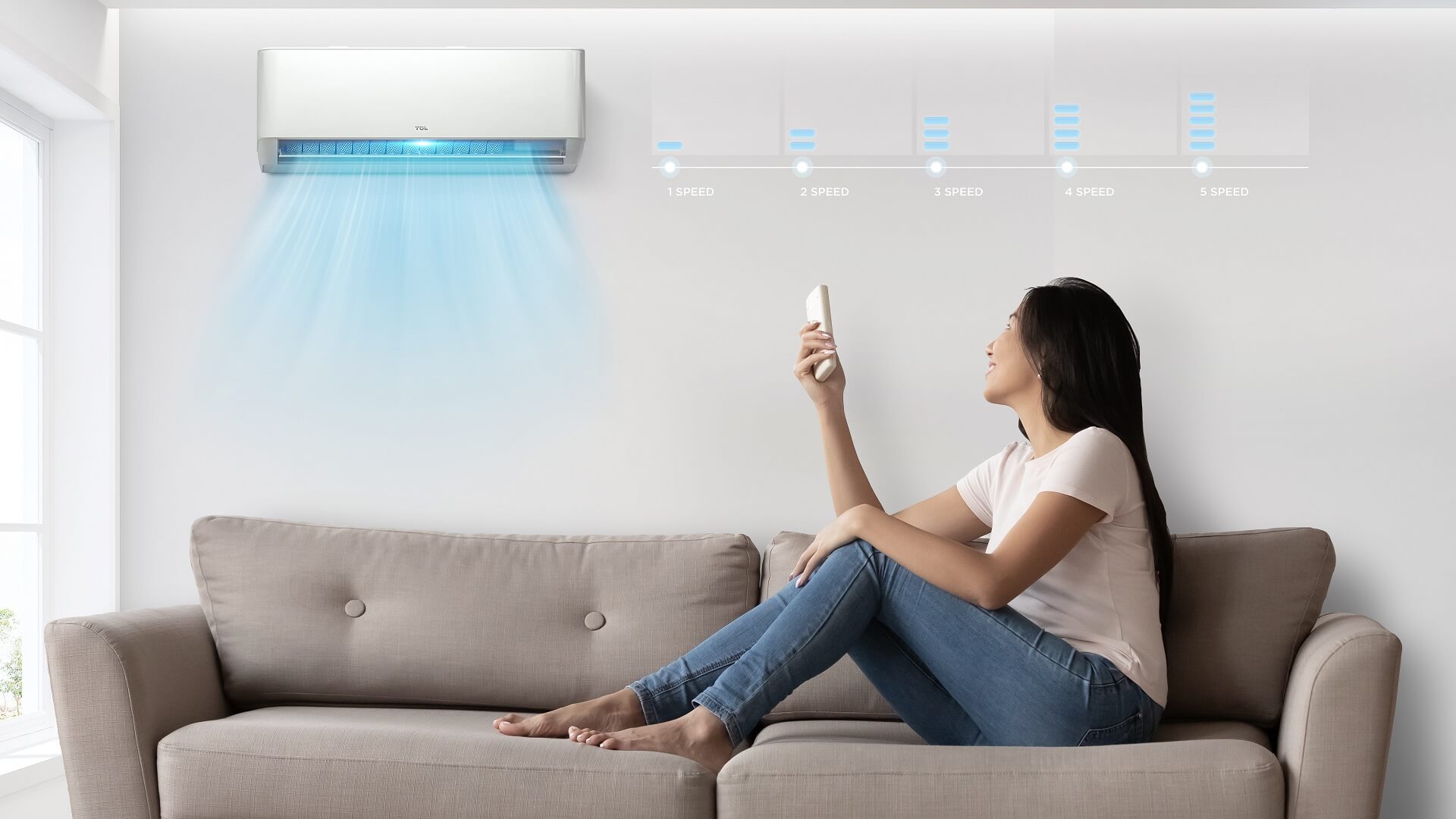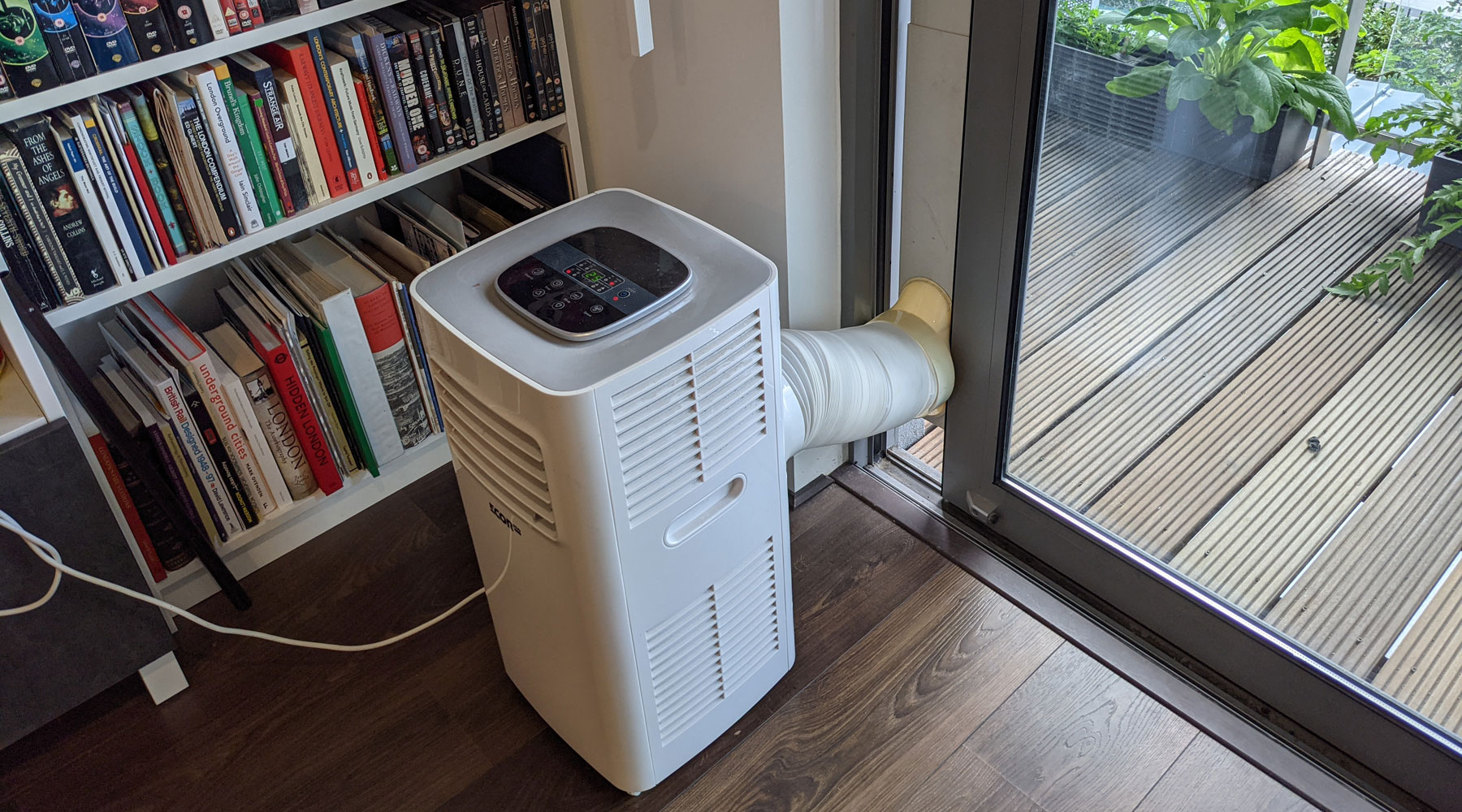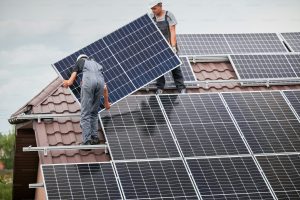
When considering air conditioning for your home or business, understanding the factors that impact costs can help you make informed decisions. Air conditioning costs are influenced by various elements, ranging from the size of the unit to installation and maintenance expenses. Here’s a breakdown of the primary factors affecting air conditioning costs without knowing how much does air conditioning cost.
1. Type of Air Conditioning System
Different types of air conditioning systems have varying costs. Central air conditioning systems, ductless mini-split systems, window units, and portable units each come with their price tags. Central systems, while more expensive initially, provide comprehensive cooling for larger spaces. In contrast, how much does air conditioning cost window units and portable systems are more affordable but suitable for smaller areas.

2. Size of the Unit
The size of the air conditioning unit, measured in BTUs (British Thermal Units), directly impacts cost. Larger units capable of cooling bigger spaces are more expensive. Choosing the right size is crucial; an undersized unit will struggle to cool your space, while an oversized unit will cycle on and off frequently, leading to inefficiency and higher energy bills.
3. Energy Efficiency
Energy-efficient air conditioning units may have higher upfront costs but can save money in the long run through lower energy bills. Look for units with high SEER (Seasonal Energy Efficiency Ratio) ratings. A higher SEER rating indicates better energy efficiency. Investing in an energy-efficient unit can also qualify you for rebates and tax incentives, further offsetting initial costs.
4. Installation Costs
Installation costs can vary significantly based on the complexity of the job. Central air conditioning systems typically require professional installation, which involves ductwork and electrical work, leading to higher costs. In contrast, window units and portable systems are generally easier to install, resulting in lower installation expenses.
5. Maintenance and Repairs
Regular maintenance is essential to keep your air conditioning system running efficiently. Maintenance costs include routine inspections, filter replacements, and occasional repairs. Neglecting maintenance can lead to reduced efficiency, higher energy bills, and costly repairs down the line.
6. Location and Climate
The geographical location and climate also play a role in air conditioning costs. In hotter climates, air conditioning units may need to work harder and longer, increasing energy consumption and costs.



